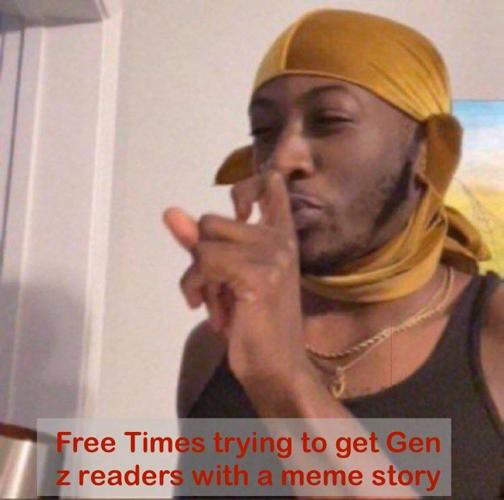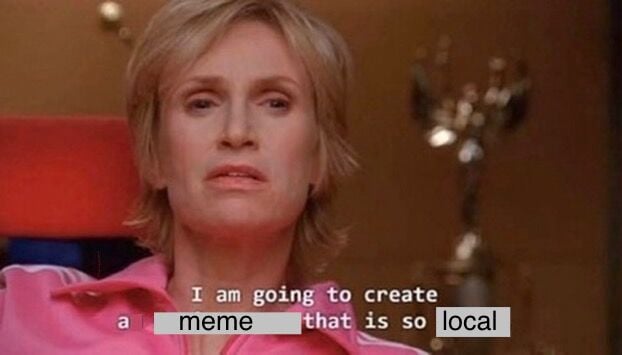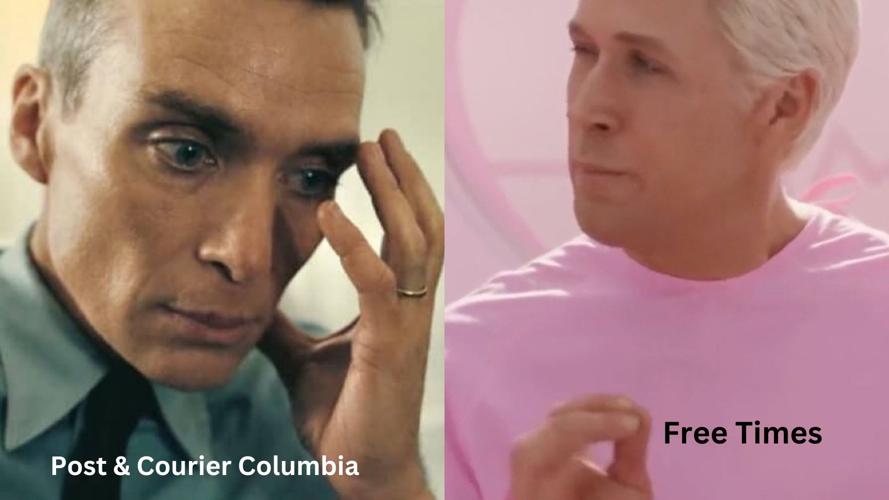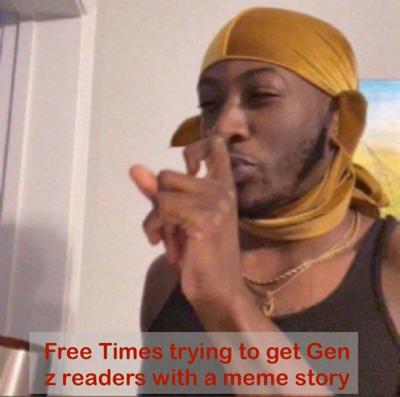For TikTok account @South_Carolina_Memes, the first taste of internet popularity came from a post about the weather. Specifically, a post about the temperature being 80 degrees in November of 2023. It was a genius move, considering the undeniable, South Carolinian urge to talk about our unpredictable weather.
“There are certain things about South Carolina that are always going to be true and always going to be relevant,” said the mind behind @South_Carolina_Memes. “If you go to California or New York, I'd say it's harder to make memes about those places, because they’re so massive and they have such big populations. But with a state like South Carolina … it's smaller, and it has things that more people can relate to.”
South Carolina-based content wasn’t always the plan. Starting out, the owner behind the account posted general memes under another name. But looking into his viewer analytics, he saw an opportunity.
“What all these people have in common is they’re from South Carolina,” he realized. (It’s believed that the TikTok algorithm tends to push smaller accounts toward viewers in the same region.) “So, if I make memes about South Carolina, all of these people would enjoy that.”

Rarely can we say exactly why something blew up on the internet, and really, I don’t like to try. But looking into even a few meme or parody accounts based out of South Carolina, clear motifs shone through — across platforms, across subject areas, across micro-moments in our internet era.
For instance, people love content they can relate to, content that feels like it’s about them. For @South_Carolina_Memes, dialing into South Carolinian experiences unlocked a specific niche of followers and a direct route to success. Today that original viral post has 400K views and the account has 19K followers.
“With my old account, I posted probably about three or four videos that went viral,” said @South_Carolina_Memes. “But with followers, I was getting nowhere … I think that a specific niche is a big part of what gets you followers.”
From chicken bog to South of the Border, “people can look at your page and say, ‘Oh, I know what this is. I know exactly what I'm going to be getting every time they post.’”
For @South_Carolina_Memes today, the world is his oyster. But it’s interesting to compare a newly popular, fledgling account on the ‘It Girl’ of today’s social media with a defunct relic of yesteryear on a somewhat dying platform.
“My tweets are the dumbest stuff I’ve ever seen,” said former niche micro micro e-celebrity @BrockObama2016.
Posting from Columbia, Brock, as we’ll call him for short, experienced peak popularity (16K followers) during what he describes as the golden age of social media, 2011-2015. It was a time when organic growth was more dependable and algorithms hadn’t yet gone off the deep end. Brock saw his biggest gains from 2014 to 2015, but stopped seeing tweets go viral in 2016.
“I think I just ran out of little gimmicky, weird internet nerd things to say at a certain time,” he said. “And I think most people do.”
Brock also believes that after a little while in the limelight, accounts tend to get booted from a platform’s good favor.
“I felt like the algorithm would feed you when you first started getting popular … but then you would kind of age out of it after a couple of years, at least on Twitter,” he said.
While Brock focused less on cultivating a specific niche, he did naturally fall into content relatable and familiar to his audience of college kids and “other weird internet people.”
He tweeted about the nerdy (e.g. Nintendo games) and the hyper political. He stayed in step with his subgenres' trends. Occasionally, he filled his feed with real time jokes from friends, harnessing some of the best vibes you can cultivate online: being silly together.

In many ways, these two perspectives are from different worlds.
Look at a TikTok meme account today, and the online sphere feels different than 10, or even five, years ago. Twitter’s ghost still hangs around, but TikTok and Instagram reign in the era of Gen Z absurdism.
But then again, isn’t Gen Z absurdism just a resurgence of early internet humor? Aren’t audio and video trends just a new meme medium? Is this all a new face to the same old constructs?
Beyond memes of yore like Bad Luck Brian, or the 2023 phenom of a smirking Kevin James, the word meme refers to a unit of culture spread by imitation. And with imitation comes natural evolution, steady or erratic. So it’s safe to say the answer is yes and no.
Whatever a meme account’s platform or purpose, the natural motifs of internet connection — and analog, real-life connection — remain at the heart of each narrative: relevance and relatability.
I still don’t think anyone can really say what makes something popular online or what kills it, but it seems successful meme accounts continue to evolve, held up by the same cultural backbone; how about this weather, huh?












